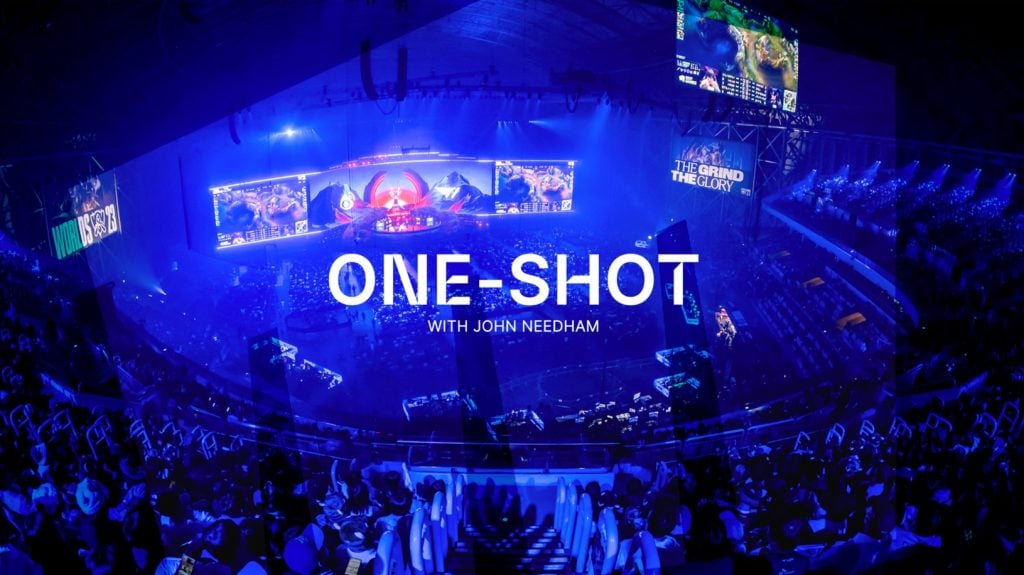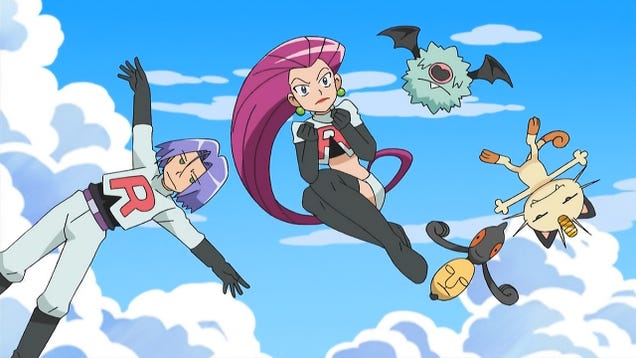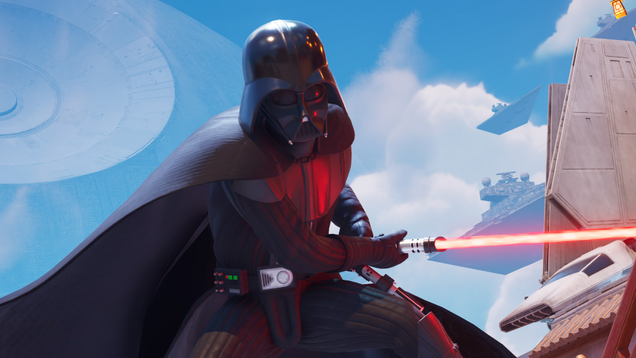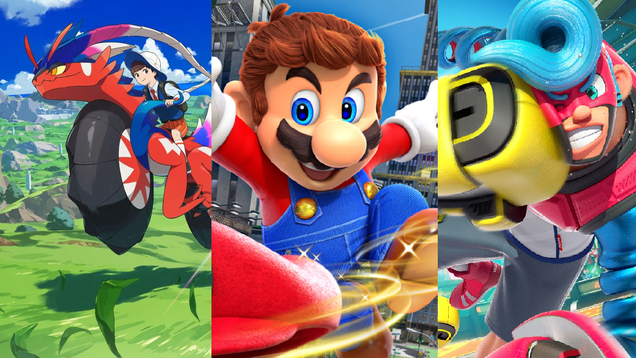
Riot Games shakes up League of Legends franchise business model
Image credit: Riot Games
Game developer and publisher Riot Games has announced a new business model for franchised League of Legends teams, which will see focus shift from sponsorship revenue sharing toward sharing proceeds from in-game digital purchases.
The changes, outlined in a blog post by John Needham, President of Esports at Riot Games, are intended to generate more revenue for teams and reduce reliance on sponsorships amid an industry downturn.
What is the esports winter — and how to navigate the cold?
Riot Games undergoes layoffs; more than 500 job roles terminated
Riot Games offers insight into VALORANT esports revenue, 2024 plans in public letter
The changes will effect teams in the LCS (North America’s franchised league), LEC (EMEA) and the LCK (Korea). Needham said Riot was still working with the LPL (China) on “how their business model may evolve.”
Riot Games’ plan involves the creation of a Global Revenue Pool (GRP) that will collect revenue from digital LoL Esports content and allocate it to teams based on several factors.
50% of the GRP revenue will be allocated equally between global tier 1 teams. 35% will be allocated based on competitive performance, split into two pools — one for regional league standings and one for international event placements.
The final 15% of GRP revenue will be put into ‘Fandom Shares’, aimed at rewarding teams for ‘developing strong fandoms’ for their team, players and the league. No detail was provided by Riot regarding the criteria for how fandom will be measured.
As well as earnings from the GRP, the proposed changes would also see teams receive a fixed stipend from Riot. The changes come at the expense of ‘moving away’ from sponsorship revenue sharing, however Riot said it would still contribute 50% of other direct revenues — such as sponsorships and media rights — once Riot “recovers its annual investment in LoL Esports.”
Needham also announced that Riot will increase the revenue share percentage teams earn from LoL Esports digital content, but did not disclose the new figure. He said news of upcoming digital products releases will be coming later in the year, adding that content released in the last two seasons has “set new engagement and revenue records.”
The League of Legends developer claimed the changes would result in both better financial upside and more consistent revenue for teams, putting LoL Esports on a ‘path to long-term sustainability’. He argued that the new model creates aligned financial incentives between esports organisations and the league — rather than competing for same limited sponsorship money.
Riot said it took inspiration from VALORANT’s esports model which, unlike League of Legend’s franchised system, involves a ‘partner team’ system where partnered team receive a share of in-game esports item sales. Those sales amounted to $33m for teams in 2023.
Riot said moving focus to digital esports item sales would bring better financial upside for teams. Image credit: Michal Konkol / Riot Games
This revenue model change comes amid a period of uncertainty for organisations who have struggled to generate sustainable revenues during the ongoing ‘esports winter’.
Needham acknowledged the difficulty teams had been going through and the burden of League of Legends’ ~$10m franchise buy-in fee. But he also said in his post that claims of esports ‘imminent demise’ had been ‘overstated’, pointing to the increased viewership LoL Esports had seen in past seasons.
“Our commitment to delivering unforgettable gaming experiences is steadfast, and our investment in esports will remain unmatched in the industry,” Needham commented. “LoL Esports is the #1 esport on the planet, has a passionate community, the most recognised teams, the best players, and an unparalleled legacy.
“We intend to grow that position and future-proof it for current and future players. There will be more changes and adjustments along the way, always with the goals of elevating our games, serving our players better, and achieving ecosystem-wide sustainability for Riot Games and our partners.”
Needham’s blog post comes 10 months after his last post in the One Shot series, which delved into Riot Games’ philosophy and approach to esports.







